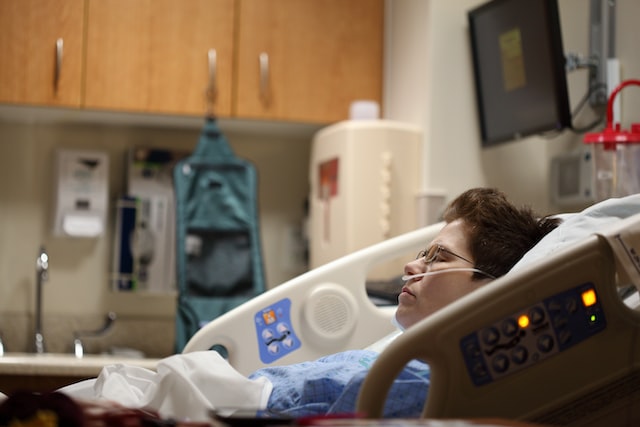


Investigations have noticed an alarming trend of increased opioid use among patients with cancer and, subsequently, the presence of opioid use disorder among those treated with pain narcotics. Although opioid prescription guidelines established in 2016 caused a massive decline in scripts written for opioid pain medications across all medical fields, evidence of OUD has been found in about 8% of patients with cancer-related pain. However, researchers believe that number is much more significant than currently reported, and the approach towards pain management for those undergoing cancer treatment and opioid use disorder must be revised and reconsidered.
Although opioid pain relief can be unavoidable for some patients, the application of these painkillers can come with dangers. Aside from the apparent threat of accidental overdose with opioid pain medication, other factors like gastrointestinal problems and worsened immunity response also pose a risk. Other complications include reduced resilience and ability to handle pain, slowed recovery from surgical procedures, and heightened tolerance to medication requiring larger doses.
There’s also an added challenge when treating patients with past addiction issues, namely with opioid analgesics. Those patients shouldn’t suffer during their treatments, but other pain management methods are critical for these instances. Currently, there’s no standard protocol in dealing with cancer patients who require opioid medications during the course of their treatment, but experts are looking to standardize guidelines to assist oncologists.
When a patient undergoes cancer treatment, the body often goes through rigorous procedures such as radiation, chemotherapy, and other medical interventions. This causes a frail immune system and overall diminished vitality. With less energy, patients are likely to feel the impacts of opioid withdrawal much more harshly, with adverse effects on the body and internal organs. Medical providers suggest that patients who require pain management but have issues with medication misuse be prescribed drugs like methadone and buprenorphine to assist with pain and opioid management.
While substance use disorder and cancer are treated by two completely different medical fields, research has shown that patients prefer the same medical provider treats their particular needs regarding opioid management rather than being referred to a separate clinic. For cancer patients undergoing constant care, it’s simply inappropriate to suggest they also take daily visits to a clinic for their OUD medication.
Palliative care is necessary for many patients with cancer, but the potential for opioid addiction alongside a cancer diagnosis can still cause many physicians to pause. The presence of opioid use disorder shouldn’t be put on the back-burner during cancer treatment, as there are many ways to treat these conditions concurrently without risking the patient’s health.
Middlesex Recovery specializes in outpatient, office-based treatment of substance use disorder. Patients enjoy the benefits of seeing a medical provider that will assist them in treating their addiction to drugs and alcohol, while also overseeing their overall well-being, including mental and physical health. All treatment programs are discreet and private, and with flexible scheduling, it’s the perfect solution for people with busy schedules. To learn more about the programs offered at Middlesex Recovery, message or call a nearby location today.
Sources: